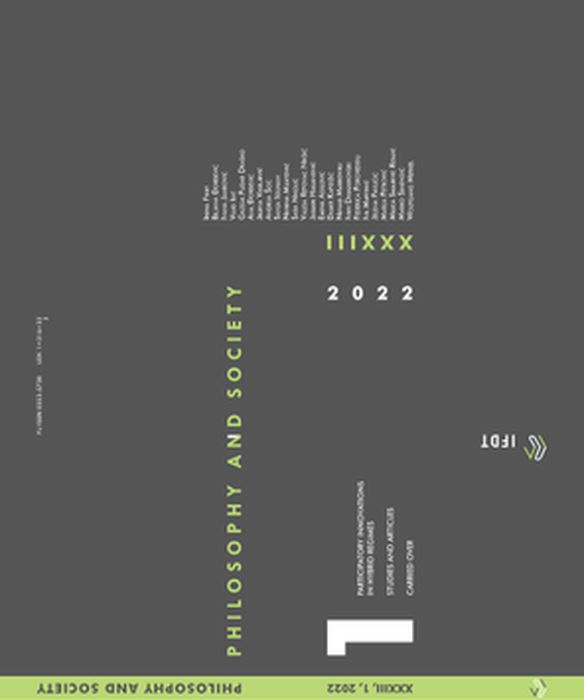CICERO AND HOBBES ON THE PERSON OF THE STATE
CICERO AND HOBBES ON THE PERSON OF THE STATE
Author(s): Marko SimendićSubject(s): Political Philosophy
Published by: Institut za filozofiju i društvenu teoriju
Keywords: Hobbes; Cicero; person; representation; persona civitatis; persona; state
Summary/Abstract: The importance of Thomas Hobbes’s account of personation and representation can hardly be overstated. And his intellectual debt to one of his classical foes, Marcus Tullius Cicero, can hardly be ignored. This paper compares Hobbes’s ideas on personhood of the state with Cicero’s notion of persona civitatis, and attempts to describe how Hobbes reshaped Cicero’s guidelines for (re)presenting legitimate authority into a prop for defending any effective authority. Hobbes absorbs Cicero’s influential argument and builds on the idea of civic representation as guardianship done by role-playing, while tearing down Cicero’s account’s ethical foundations. In contrast to Cicero’s magistrate, the social role of Hobbes’s sovereign is not scripted by ethical constrains: its purpose is not to restrict license, but to present it.
Journal: Filozofija i društvo
- Issue Year: 33/2022
- Issue No: 1
- Page Range: 247-262
- Page Count: 16
- Language: English

